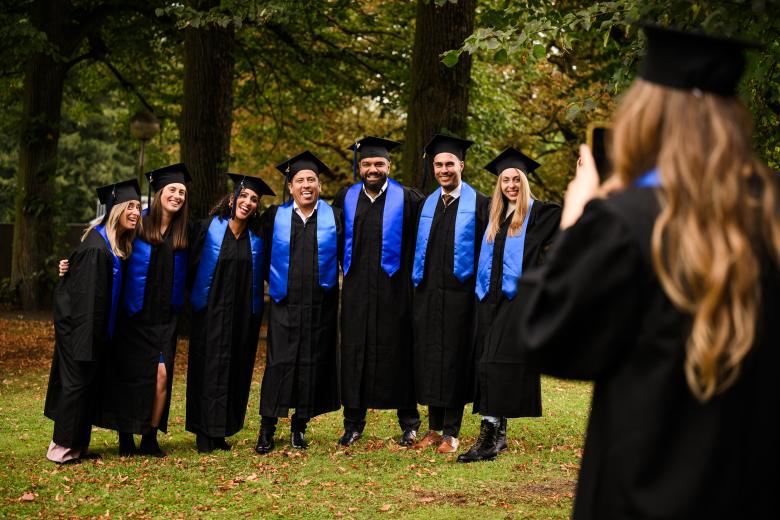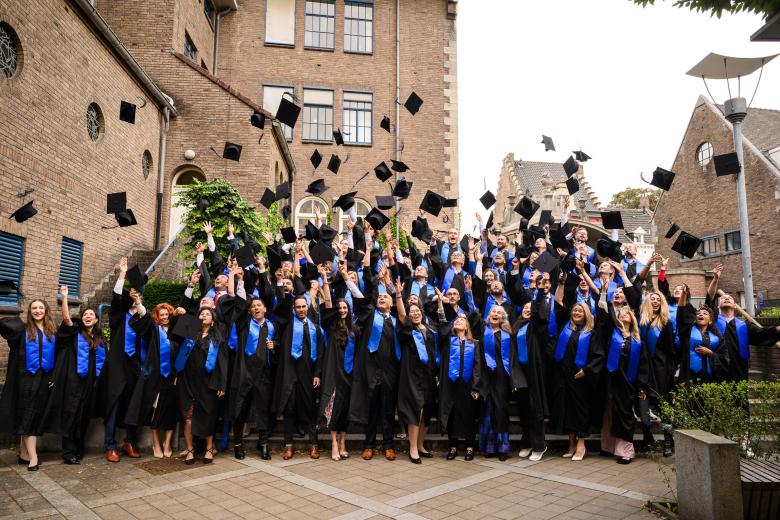Subsidy awarded to 'RuimteGIDS': towards an environment that stimulates healthy behavior
ZonMw has awarded a four-tonne subsidy to the South Limburg consortium 'Making space for health in the city' (RuimteGIDS). Earlier, the consortium received a subsidy for the composition of knowledge questions about the influence of the living environment on health and participation in society. With the follow-up subsidy, the consortium can actually participate in four spatial planning projects in Maastricht and Kerkrade over the next three years.

'We are very happy with the subsidy, because we think that we can achieve a lot of health benefits in this way', says Maria Jansen, program leader of the academic workplace and professor of population-oriented health policy.
The GGD Zuid Limburg is represented in the consortium, as well as the Faculty of Health, Medicine and Life Sciences and MSI, the sustainability institute of Maastricht University, the Smart Urban Redesign research group of the Hogeschool Zuyd and the municipalities of Maastricht and Kerkrade. The consortium aims to generate knowledge about creating and maintaining a (positive) healthy living environment. In Maastricht this will now happen in the Groene Loper and Blauwe Loper projects. The Groene Loper includes the tunnel route that used to be the A2 that ran through the city: here, cars are kept out as much as possible and physical activity is encouraged. The latter also applies to the Blauwe Loper: a green belt from neighborhood Blauwdorp to the city.
'In Kerkrade, it is about plans that revolve around the question: how can I involve citizens in a different spatial design. That is going to happen here in several neighborhoods',
says Maria Jansen.
Characteristic of the projects is that they focus on facilitating social contact, creating opportunities for physical exercise and stimulating participation. This provides municipalities with new knowledge for the design of public spaces: with the introduction of the Environment Act (Omgevingswet), municipalities are given more responsibility to ensure a healthy and safe living environment. Thereby it is not only important how space is arranged, but also how to work well with other parties in this. The consortium aims to employ their research to provide municipalities with practical support.
Maria Jansen concludes, 'A good design of the space is essential for the health and well-being of people.'
Partners: Gemeenten Zuid-Limburg, GGD Zuid Limburg, Maastricht UMC+. text: Karin Burhenne, final editing: Maria Jansen, presentation: Conny van den Bos
Also read
-
SBE researchers involved in NWO research on the role of the pension sector in the sustainability transition
SBE professors Lisa Brüggen and Rob Bauer are part of a national, NWO-funded initiative exploring how Dutch pension funds can accelerate the transition to a sustainable society. The €750,000 project aims to align pension investments with participants’ sustainability preferences and practical legal...

-
Maastricht University recognised among top institutions in CEO Magazine’s 2025 Green MBA Rankings
We are proud to share that Maastricht University School of Business and Economics has been recognised as a top-ranked institution in the CEO Magazine 2025 Green MBA Rankings.

-
Global recognition for SBE’s Executive Education by Financial Times
We are proud to announce that Maastricht University School of Business and Economics (SBE) has secured an impressive global ranking of 84th in the Financial Times Open-Enrolment Executive Education Ranking 2025.
